Yarran Ngarnga Yinga
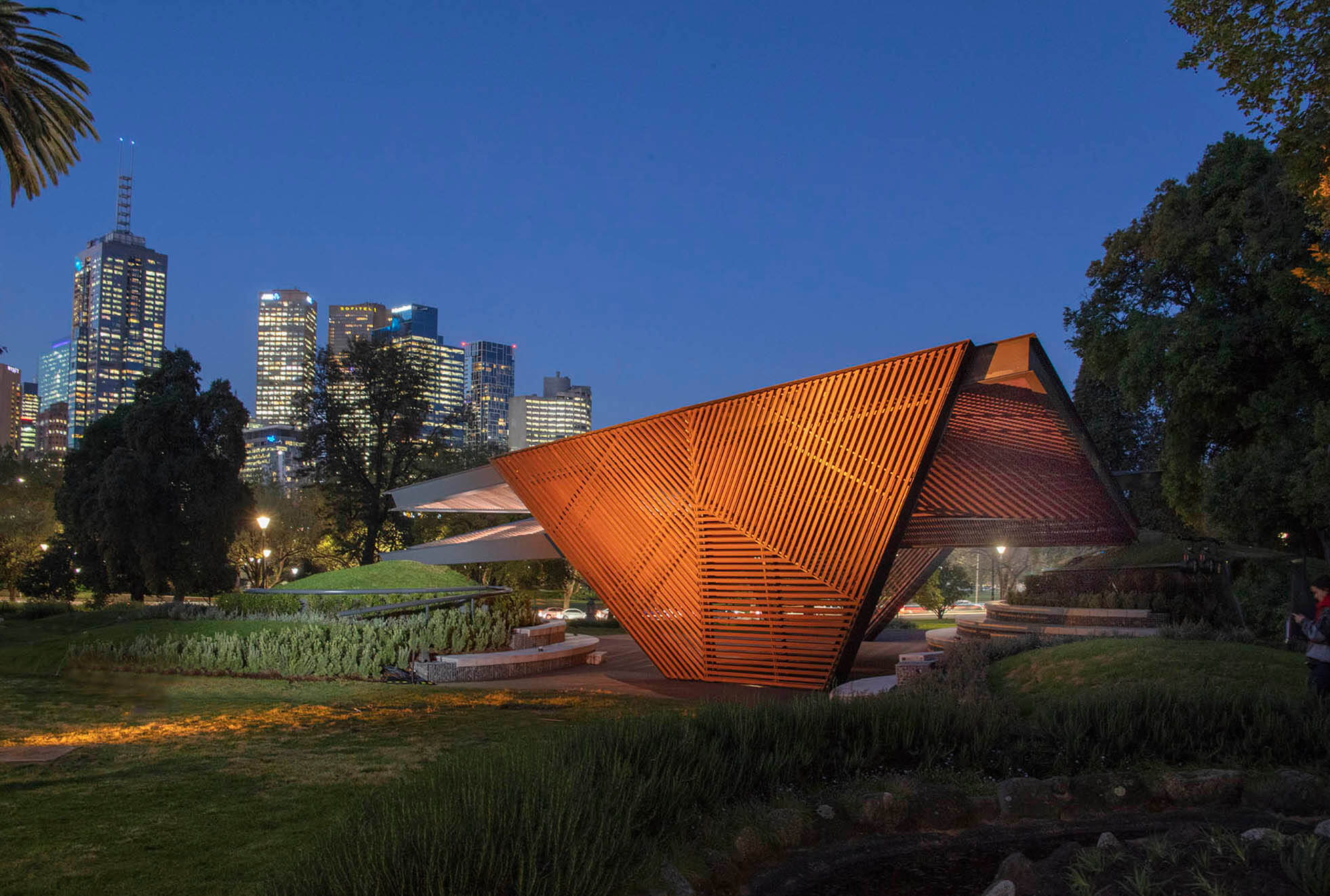
John Gollings
Architect:
Estudio Carme Pinós
Original performance:
9 October 2018
The MPavilion
When Estudio Carme Pinós was appointed to design MPavilion 2018, Barcelona-based architect and educator Carme Pinós said “My project is not the pavilion, my project is all the relations that make the pavilion. My project [is to] make possible the concerts, the performances… Architecture is not [about] shapes, [it is] the space where social relations happen.”
In true Pinós form, the sculptural design incorporates majestic wings inspired by origami that, rather than make a heroic statement, open the MPavilion to the city, encouraging movement, meetings and new experiences. Where the wing-like geometric planes fold down, they meet grassy mounds which were built as foundations for the roof, and designed to mimic the terrain of the surrounding gardens.
Throughout her career Carme Pinós has specialised in designing community-focused buildings including public housing blocks, accommodation for the elderly, and educational institutions. MPavilion commissioner Naomi Migrom appreciated how, through these socially engaged projects, Carme Pinós centred people and communities within her architectural practice.
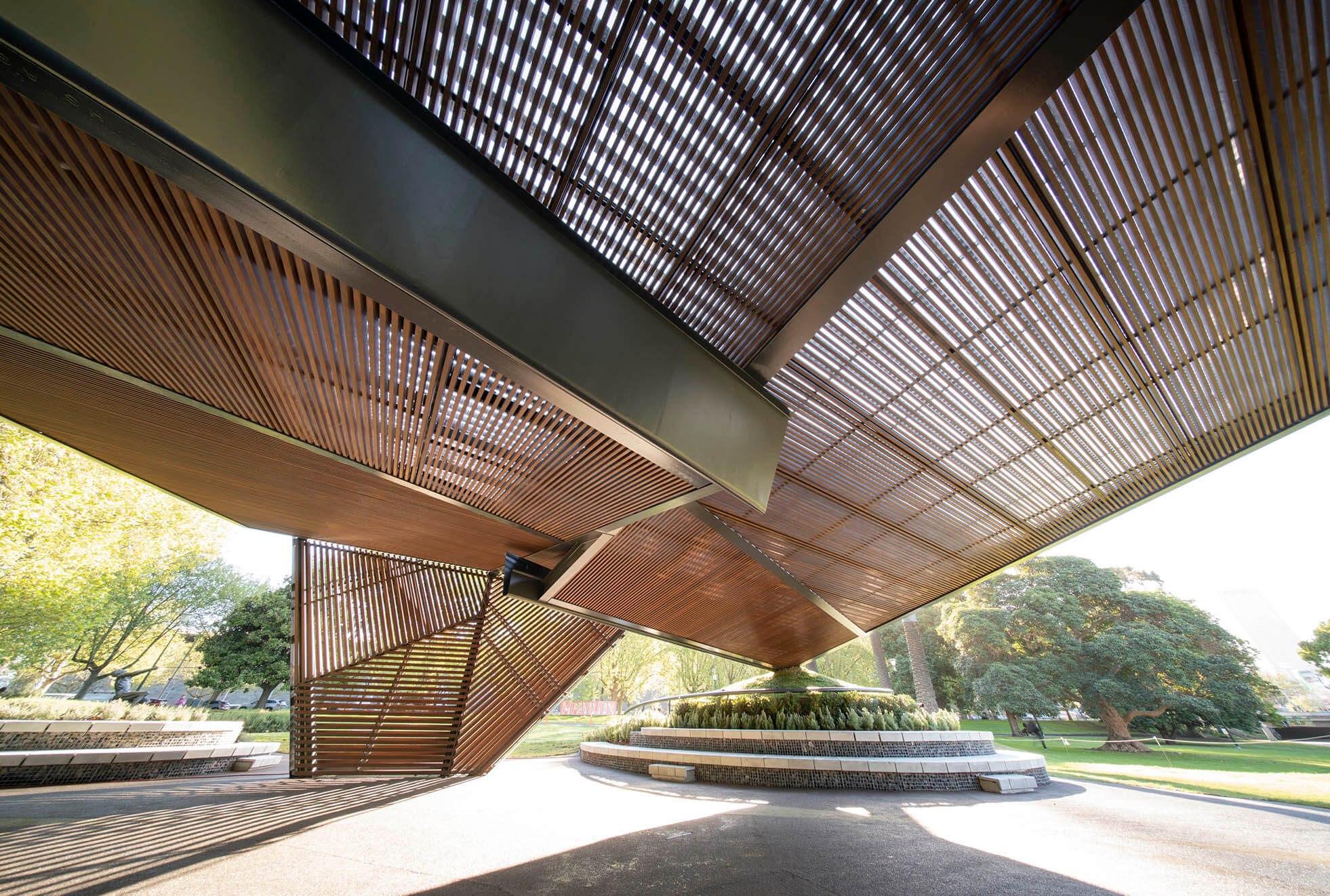
The Composition
Deborah conducted the Dhungala Children’s Choir at the opening event, with soloist Wiradjuri soprano Sarah Prestwidge. Those members of the choir from Shepparton sang in Yorta Yorta language, and those from Geelong sang in the language of the Wadawurrung, with Prestwidge binding the song to place singing in the Boon Wurrung language, thereby creating a choral conversation between the three languages.
Recently contemplating the longstanding relationship with Dhungala Children’s choir, Deborah reflected on the exchange between the young people in the choir, and with the music itself.
“Dhungala is the Yorta Yorta name for the river which flows through our Country. Over the years we have watched members of Dhungala Children’s Choir develop their sense of belonging through their participation in the choir. The sense of empowerment that comes over them, when they sing language which is connected to the place, is quite remarkable.”
Words by Susie Anderson
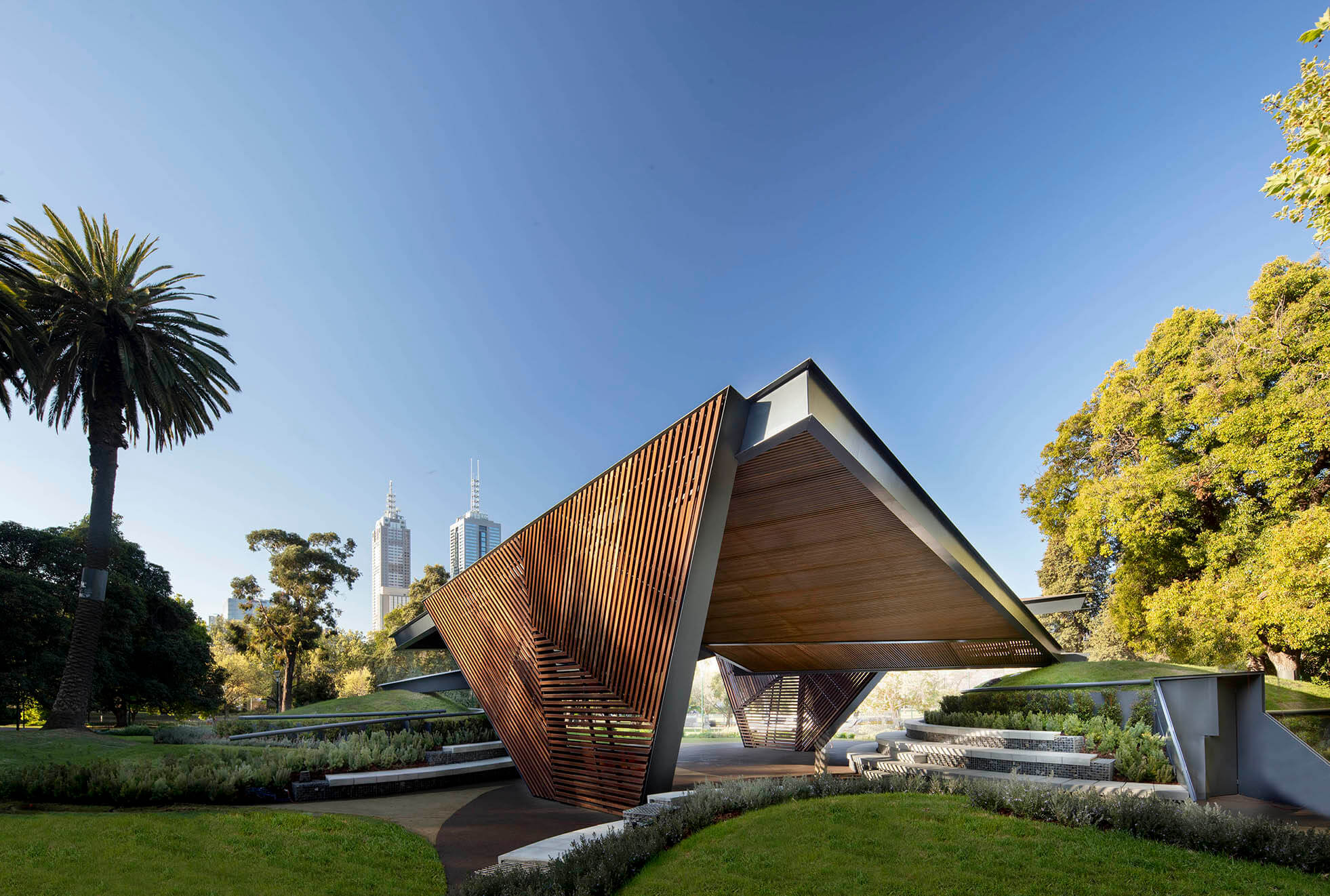
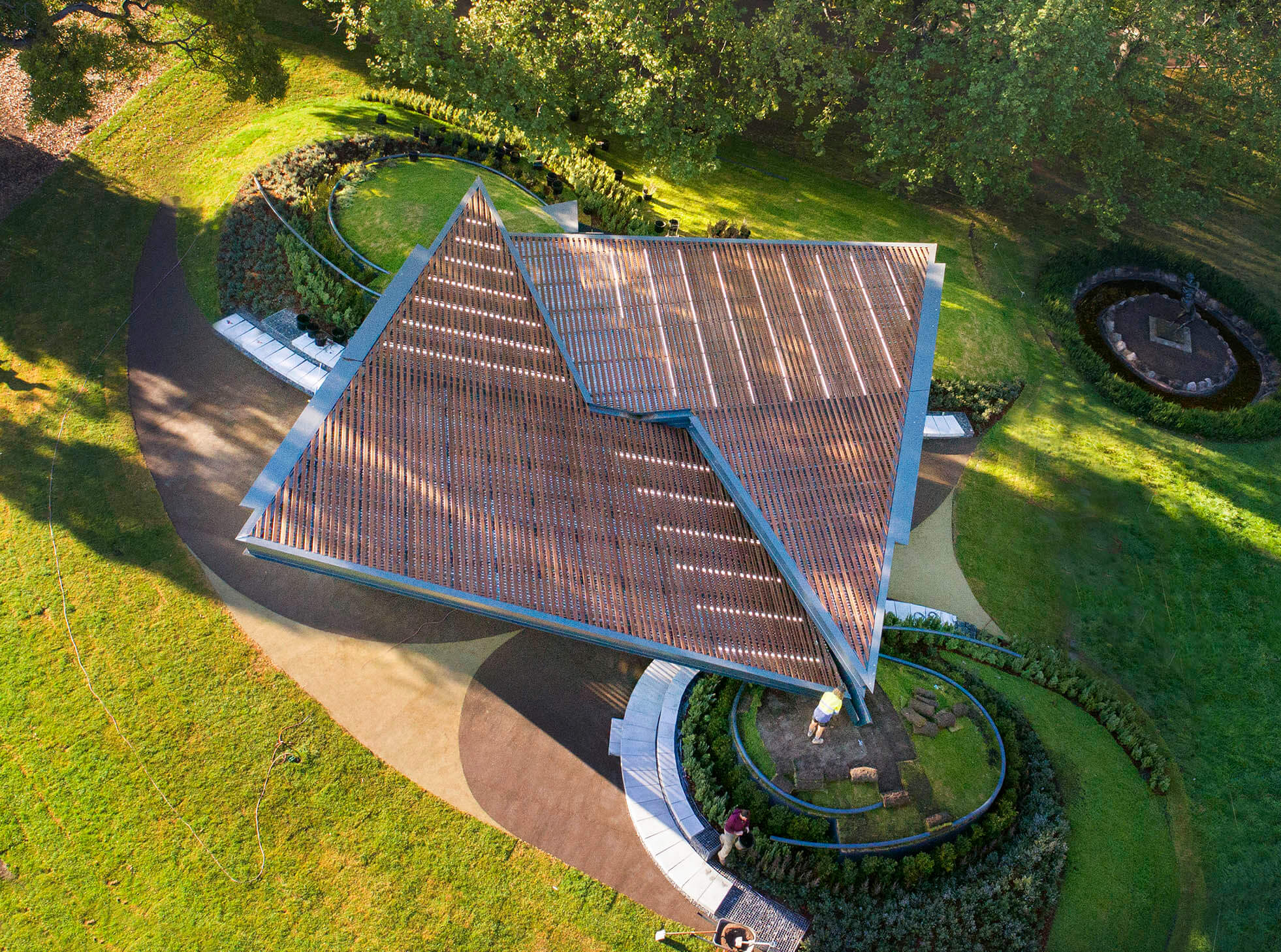
Compositional response
In 2015, I became a mentor to a young Sydney-based Wiradjuri Soprano, Sara Prestwidge. Her effortless lyric coloratura became the inspiration for this work. Once again I turned to James Henry Little to bring together the technical elements, and the all-important Waa call which makes both a practical and poetic appearance in this work. For the Boon Wurrung people, Waa is the protector of the waterways. For musicians working from a backing track, Waa is the protector of the beat and is used on several occasions in this work to cue the singers.
For this composition I made use of an earlier text for the soloist, reshaping it to the advantage of the coloratura technique, and for the first time introducing the language of each half of the Dhungala Children’s Choir—Yorta Yorta from Shepparton and Wadawurrung from Geelong. This dramatic setting takes on a sense of urgency through the use of bass ostinato, and also employs environmental sounds such as the chirping of cicadas.
The work is deliberately retrained harmonically, as though we are in a constant search for something. When it finally breaks free into the major key it is as if the light of understanding has been turned on, and at last we can celebrate together. The last word, however, is given to the cicadas. For the orchestral version of this work the sound of the cicada is created by the Kulap. Kulap seed pod rattles are a traditional musical instrument used by Torres Strait Island dancers. They are traditionally made from the seed pods of the Matchbox Bean tree, and are an integral part of traditional dance ceremony.
Thanks
This project was made possible thanks to the generosity of our partners and supporters.
With thanks to N’arweet Professor Carolyn Briggs AM PhD
Composer
Deborah Cheetham AO
Conductor
Aaron Wyatt
Naomi Milgrom AC





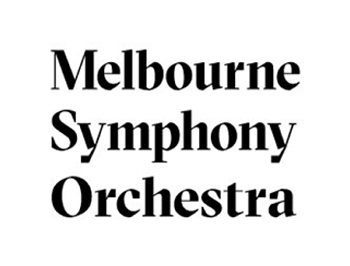
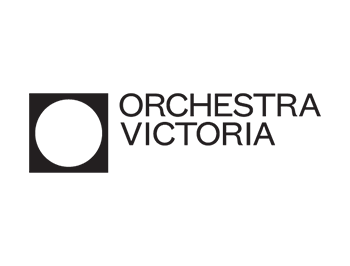
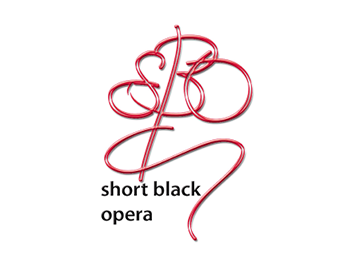
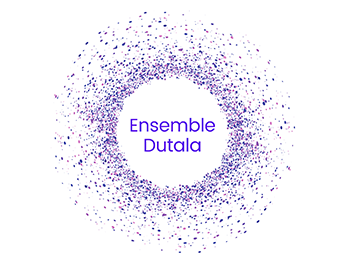
Dhungala Children’s Choir

Michel Lawrence
videographer
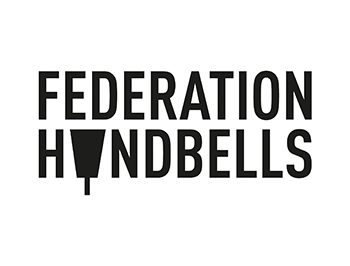
Deborah Cheetham AO
Toni Lalich OAM
Shauntai Batzke
Jessica Hitchcock
Aaron Wyatt
Cello Rohan de Korte
Hamish Upton and Zela Papageorgiou
Federation Bells (with thanks to Museums Victoria)
Susie Anderson
MPavilion Team
Sam Redston
Jen Zielinska
Piera Maclean
Molly Braddon
Claire Curnow
Gabriela Holland
Visit MPavilion.org








